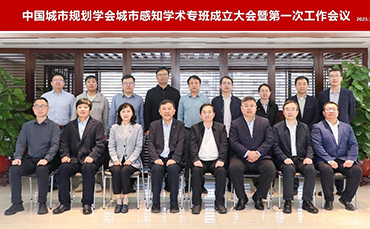


Highlights
On March 12, the inaugural meeting of the Academic Committee on Urban Sensing under the CUrban Planning Society of China (UPSC) was held in Guangzhou.
On the afternoon of March 12, the Academic Committee on Urban Sensing (hereinafter referred to as the "Committee") of the Urban Planning Society of China (UPSC) convened its inaugural meeting in Guangzhou.
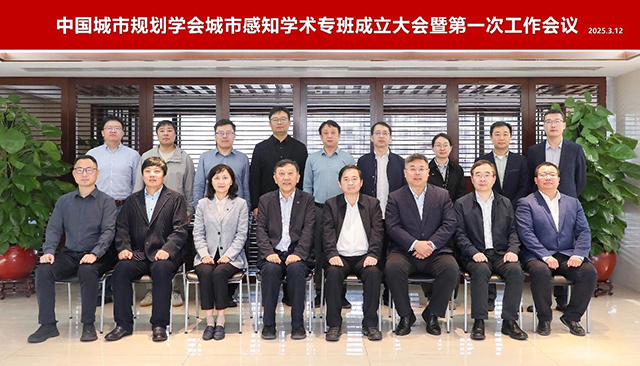
Urban sensing refers to the process of comprehensively and dynamically monitoring, understanding, and evaluating urban operations through the collection and intelligent analysis of multi-source data via information technology, combined with human subjective experiences of urban environments. The goal is to uncover correlations and dynamic changes in urban physical spaces, social environments, and resident behaviors, thereby providing scientific foundations for urban planning, construction, and management. This field typically includes environmental sensing for physical spaces, socio-economic flow space sensing focused on human activities, and "transparent city" sensing for underground spaces.
The inaugural meeting was chaired by Deng Xingdong, Executive Director of the UPSC and President of the Guangzhou Urban Planning & Design Survey Research Institute (GZPI). Speeches were delivered by Shi Nan, Executive Vice Chairman and Secretary-General of the UPSC, and Deng Kanqiang, Deputy Director of the Guangzhou Municipal Planning and Natural Resources Bureau.
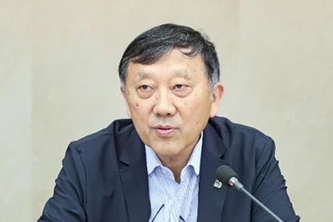
Shi Nan Executive Vice Chairman and Secretary-General, Urban Planning Society of China (UPSC)

Deng Kanqiang Deputy Director, Guangzhou Municipal Planning and Natural Resources Bureau
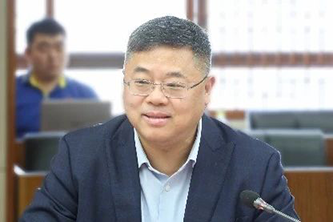
Deng Xingdong President, Guangzhou Urban Planning & Design Survey Research Institute
Liu Yang, Chief Engineer of GZPI (the Committee’s supporting institution), reported on the preparatory work for the Committee. Qu Changhong, Deputy Secretary-General of the UPSC and Secretary-General of its Organizational Work Committee, read the official approval document for the Committee’s establishment and announced the list of candidate members. The meeting elected 18 committee members, appointing Deng Xingdong as the Committee Head and Liu Yang as Assistant Head. Certificates were presented to members by the UPSC.
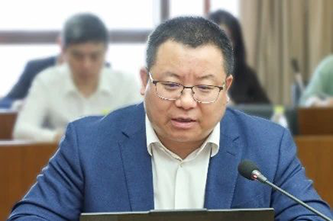
Liu Yang Chief Engineer, Guangzhou Urban Planning & Design Survey Research Institute
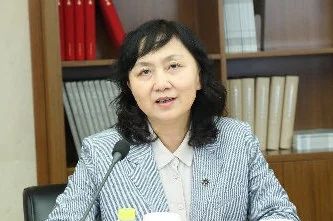
Qu Changhong Deputy Secretary-General and Secretary-General of Organizational Work Committee, UPSC
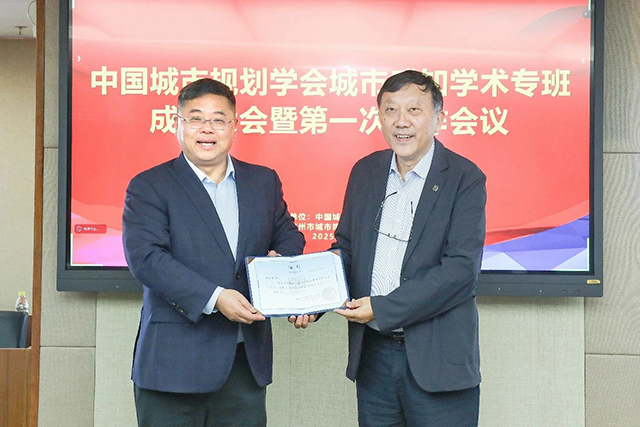
Secretary-General Shi Nan presenting the certificate to President Deng Xingdong
Following the inaugural meeting, the Committee held its first working session. Chaired by Deng Xingdong, the session included a presentation by Liu Yang on the Committee’s three-year strategic plan and 2024 work priorities. Members engaged in in-depth discussions on industry trends, disciplinary development, and Committee-building. Participants emphasized that current urban governance faces challenges such as data silos and spatiotemporal constraints. Urban sensing technologies, by integrating big data from physical spaces, social spaces, and "transparent cities," can precisely capture urban operational patterns. These insights provide critical technical support for urban planning, enabling the safeguarding of development, security, and public welfare, thereby enhancing citizens' sense of safety, fulfillment, and well-being. The establishment of the Committee aligns with the evolving demands of high-quality urban planning and governance.
In closing, Secretary-General Shi Nan outlined three expectations for the Committee:
1.Embrace innovation: Advance disciplinary development through the Committee as a platform, elevating academic standards across the industry.
2.Serve national priorities: Support major national decision-making and enhance the global influence of China’s urban planning sector.
3.Foster collaboration: Leverage the diverse expertise of Committee members to catalyze synergies among government, industry, academia, and research institutions, driving innovation in both technical and institutional realms.
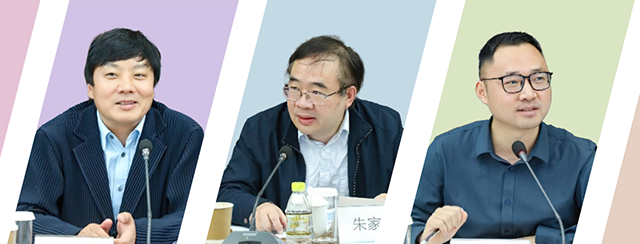
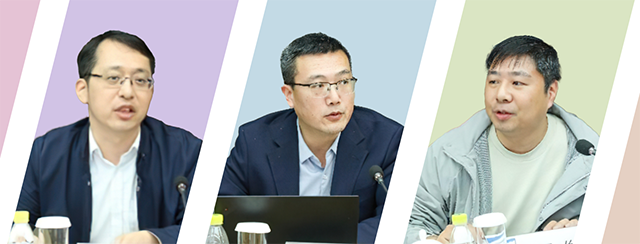
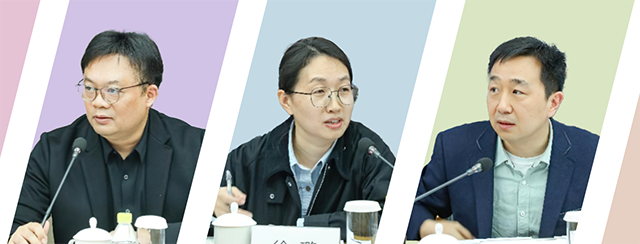
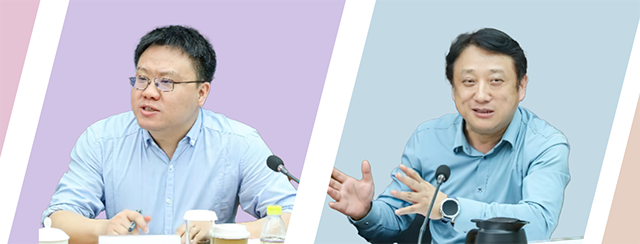
Committee members contributing ideas
About the Supporting Institution:
The Guangzhou Urban Planning & Design Survey Research Institute (GZPI), the Committee’s supporting institution, is the largest planning, surveying, and design research organization in South China. With expertise spanning urban planning, geospatial surveying, architectural design, municipal engineering, geotechnical engineering, and project management, it holds 37 Class-A qualifications. It operates 16 national, provincial, and municipal innovation platforms, including the Guangdong Branch of the Chinese Academy of Sciences’ BeiDou/GNSS Data Analysis Center, the Precision Engineering Surveying and Urban Safety Research Center, and the Guangdong Provincial Key Laboratory for Urban Sensing and Monitoring.
Contributed by: Academic Committee on Urban Sensing, UPSC
Edited by Jiangyu Chen with reference to https://mp.weixin.qq.com/s/gyCvd9EuM6Az65NL5OBNrQ